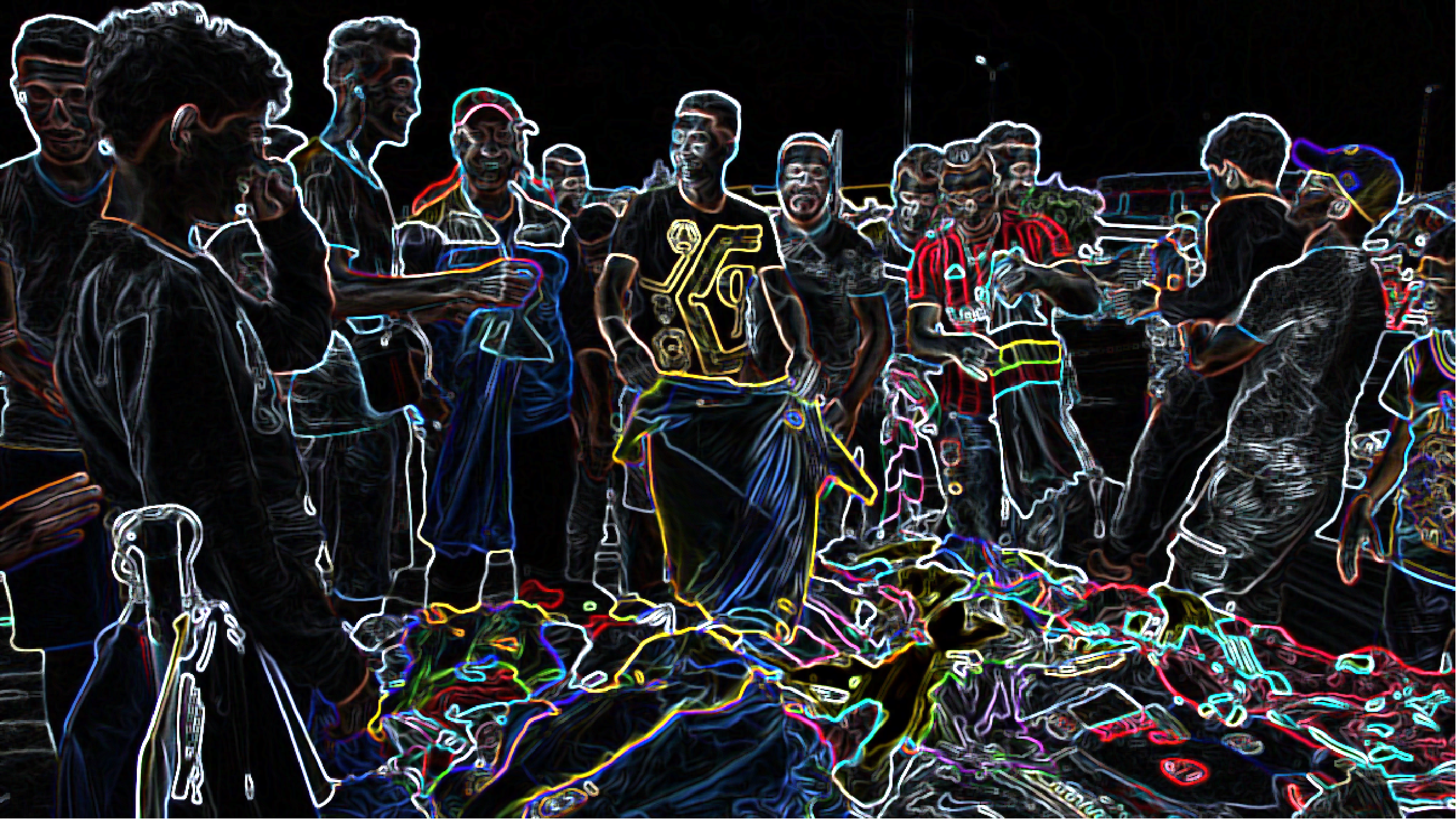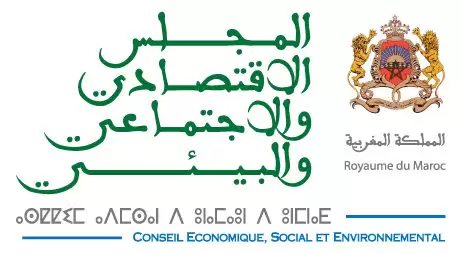
ASA-C2-042021-57-7093
This own-initiative opinion on “the economic and social inclusion of street vendors” deals with a complex and multi-layered issue that is directly linked to the daily lives of citizens and at the intersection of multiple central and local government actors.
In Morocco, street vending plays a vital role in the country’s socioeconomic fabric. It is both an outlet for national production and a large informal sector that offers a source of self-employment and income generation for many low-skilled workers who are unable to secure formal employment. Nevertheless, the proliferation of street vending activities as an unbridled component of the informal sector is associated with greater levels of job and labor market insecurity.
It is therefore essential and urgent to adopt and implement the measures necessary for the successful economic and social integration of street vendors.
This own-initiative opinion on “the economic and social inclusion of street vendors”, adopted unanimously during the General Assembly’s extraordinary meeting of 16 November 2021, deals with a complex and multi-layered issue that is directly linked to the daily lives of citizens and at the intersection of multiple central and local government actors.
In Morocco, street vending plays a vital role in the country’s socioeconomic fabric. It is both an outlet for national production and a large informal sector that offers a source of self-employment and income generation for many low-skilled workers who are unable to secure formal employment. Nevertheless, the proliferation of street vending activities as an unbridled component of the informal sector is associated with greater levels of job and labor market insecurity. Street vendors compete unfairly against formal establishments and negatively impact the Moroccan economy as they do not contribute to local government revenues via payment of taxes, or any other monies owed to the State. Street vending is also criticized for severe problems of vehicular and pedestrian congestion and illegal appropriation of public space.
Faced with the scale of this phenomenon, and with the view to integrate street vendors, the public authorities launched a national street vendor rehabilitation plan (2015-2018). The plan yielded mixed results: out of roughly 430,000 street vendors, only about 124,000 have been relocated. During implementation, the plan encountered a variety of problems, including land scarcity, lack of funding, the small number of vendors who enrolled in the program and poor marketing and sales promotion services.
It is therefore essential and urgent to adopt and implement the measures necessary for the successful economic and social integration of street vendors.
Being aware of the risks associated with the pervasive character and magnitude of the phenomenon, the Council calls for the adoption of a national plan for the economic and social integration of street vendors, arising from the inclusive strategy to reduce the size of informality in the country, proposed as part of the Council’s opinion for “An inclusive approach to reduce the informal economy in Morocco” (2021).
Key measures in this regard are as below:
- Simplify and adapt national legislation/regulations allowing for the exercise by street vendors of commerce along public space under the concept of “temporary permit”. This would require fixed location vendors to obtain a permit before they conduct business within the urban, peri-urban or rural settings, with their makeshift stands or shops by the side of major roads, out of towns, or on vehicles.
- Use the generalization of social protection as an encouraging step to empower street vendors to be eligible for the auto-entrepreneur scheme and to have an occupational identification (a professional card).
- Accelerate the implementation of Morocco’s “National Strategy for Financial Inclusion”, particularly as relates to expanding mobile payments, encouraging bank penetration, along with more efforts to support the financing needs of both micro-enterprises and individuals.
- Promote private investment for active participation in the project to integrate street vendors, as part of a public-private partnership, particularly in the following areas:
- Set up industrial zones to relocate professional and handicraft activities and micro-production and service units.
- Establish pilot markets.
- Develop and produce more sustainable stationary and mobile equipment for street vending.
- Establish training institutes for different trades and professions, as part of the open-ended system for vocational training.
- Organize and regulate professions and trades in the commercial, industrial, service and agricultural sectors, and generalize qualification and recognition programs for professional expertise.
- Set up an open vocational training system to enable a significant portion of street vendors to conduct alternative activities, such as through promoting the use of flexible training programs in such areas as literacy, digital technology, health and safety, customer service, business techniques and management.
